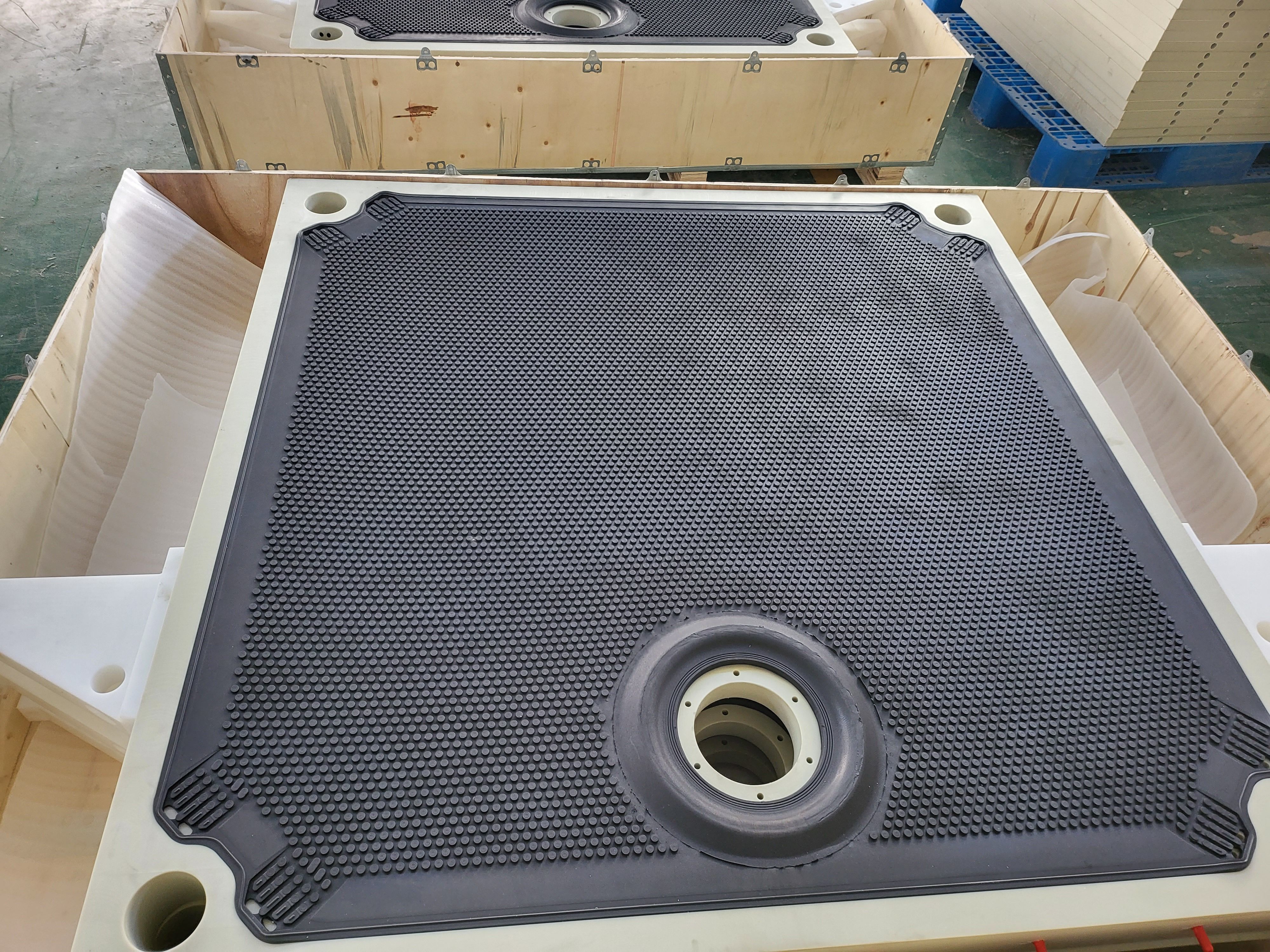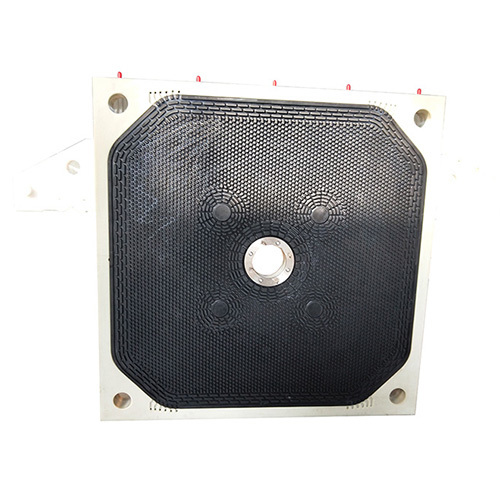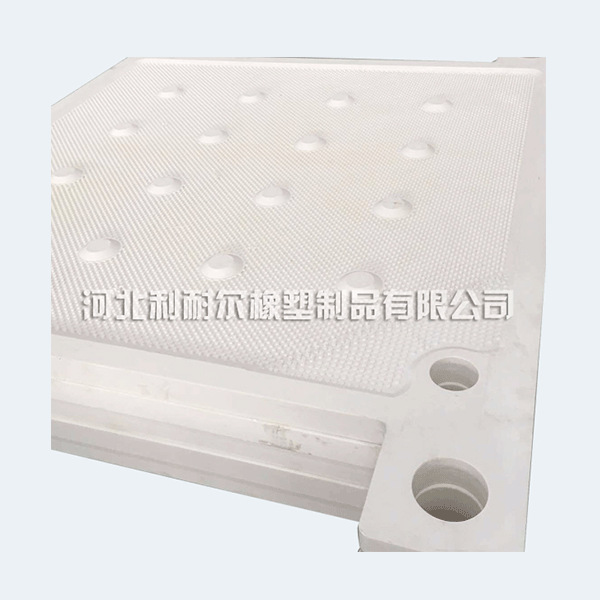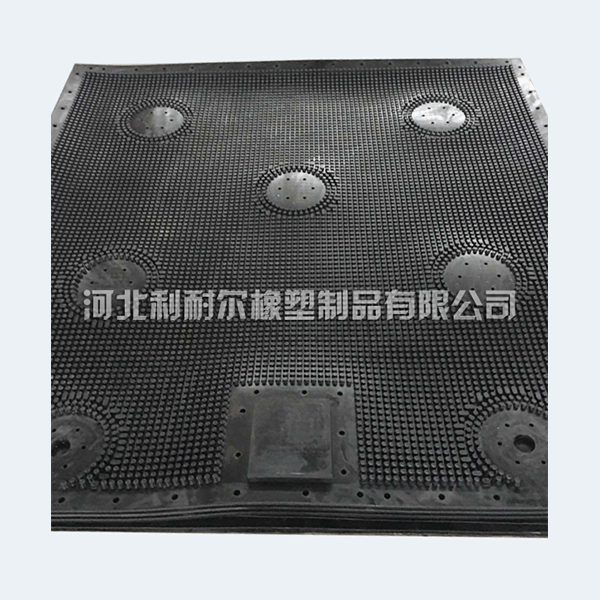The Essential Guide to 800 Filter Plates in the Chemical and Plastics Industry
Release time:
2025-01-22
In the chemical and plastics industry, the use of specialized equipment and components is crucial for maintaining operational efficiency and product quality. One such component is the 800 filter plate, which plays a vital role in the filtration process. Understanding the functionality and benefits of these filter plates can significantly enhance your production processes. The 800 filter plate is d
In the chemical and plastics industry, the use of specialized equipment and components is crucial for maintaining operational efficiency and product quality. One such component is the 800 filter plate, which plays a vital role in the filtration process. Understanding the functionality and benefits of these filter plates can significantly enhance your production processes.
The 800 filter plate is designed to facilitate the separation of solid particulates from liquids in various applications, including chemical processing, wastewater treatment, and the production of plastic materials. These plates are characterized by their robust construction, which allows them to withstand challenging processing conditions. Typically, they are made from durable materials that resist corrosion and wear, ensuring longevity and reliability in demanding environments.
One of the primary advantages of using 800 filter plates is their efficiency in achieving high filtration rates. This is particularly important in the chemical and plastics sector, where the purity of the end product is critical. The design of the filter plate optimizes the flow of liquid while effectively trapping solids, thereby enhancing the overall filtration performance. This capability not only contributes to product quality but also minimizes downtime associated with filter maintenance or replacement.
Another essential feature of the 800 filter plate is its compatibility with various filtration systems. Whether you are operating a batch processing unit or a continuous production line, these filter plates can be integrated with existing equipment with ease. This flexibility is invaluable for manufacturers looking to upgrade their filtration systems without overhauling their entire operation.
In addition to their mechanical properties, 800 filter plates are also designed with user-friendliness in mind. Many models come with features such as easy-to-handle designs and clear markings for installation, making it simple for operators to replace or maintain them as needed. This ease of use helps reduce operational costs and increases overall efficiency.
Moreover, the 800 filter plate can contribute to meeting regulatory compliance standards. In industries where product purity and environmental safety are paramount, having reliable filtration solutions is essential. By utilizing high-performance filter plates, companies can ensure that they are adhering to industry guidelines while providing products that meet consumer expectations.
In conclusion, the 800 filter plate is an indispensable component in the chemical and plastics industry. Its robust design, high filtration efficiency, and compatibility with various systems make it a preferred choice for manufacturers seeking to enhance their processing capabilities. By investing in quality filter plates, businesses can improve product quality, ensure compliance, and optimize their operational processes.
The 800 filter plate is designed to facilitate the separation of solid particulates from liquids in various applications, including chemical processing, wastewater treatment, and the production of plastic materials. These plates are characterized by their robust construction, which allows them to withstand challenging processing conditions. Typically, they are made from durable materials that resist corrosion and wear, ensuring longevity and reliability in demanding environments.
One of the primary advantages of using 800 filter plates is their efficiency in achieving high filtration rates. This is particularly important in the chemical and plastics sector, where the purity of the end product is critical. The design of the filter plate optimizes the flow of liquid while effectively trapping solids, thereby enhancing the overall filtration performance. This capability not only contributes to product quality but also minimizes downtime associated with filter maintenance or replacement.
Another essential feature of the 800 filter plate is its compatibility with various filtration systems. Whether you are operating a batch processing unit or a continuous production line, these filter plates can be integrated with existing equipment with ease. This flexibility is invaluable for manufacturers looking to upgrade their filtration systems without overhauling their entire operation.
In addition to their mechanical properties, 800 filter plates are also designed with user-friendliness in mind. Many models come with features such as easy-to-handle designs and clear markings for installation, making it simple for operators to replace or maintain them as needed. This ease of use helps reduce operational costs and increases overall efficiency.
Moreover, the 800 filter plate can contribute to meeting regulatory compliance standards. In industries where product purity and environmental safety are paramount, having reliable filtration solutions is essential. By utilizing high-performance filter plates, companies can ensure that they are adhering to industry guidelines while providing products that meet consumer expectations.
In conclusion, the 800 filter plate is an indispensable component in the chemical and plastics industry. Its robust design, high filtration efficiency, and compatibility with various systems make it a preferred choice for manufacturers seeking to enhance their processing capabilities. By investing in quality filter plates, businesses can improve product quality, ensure compliance, and optimize their operational processes.
Related News




























